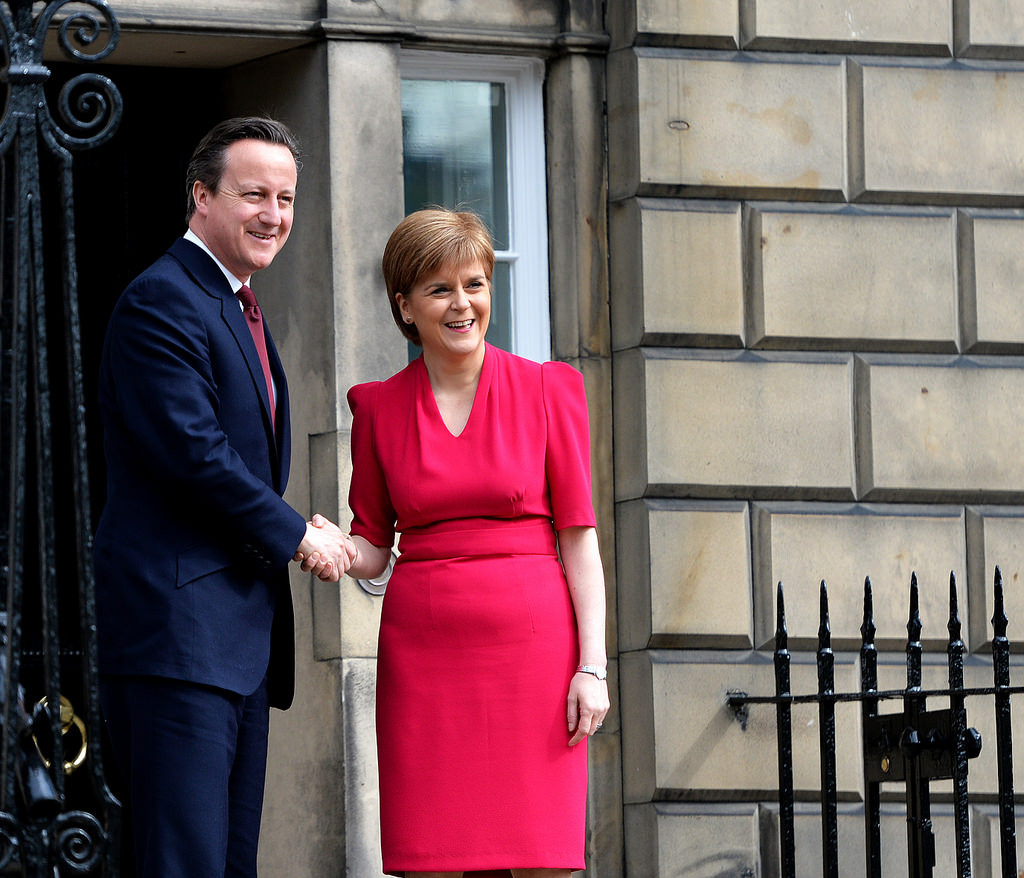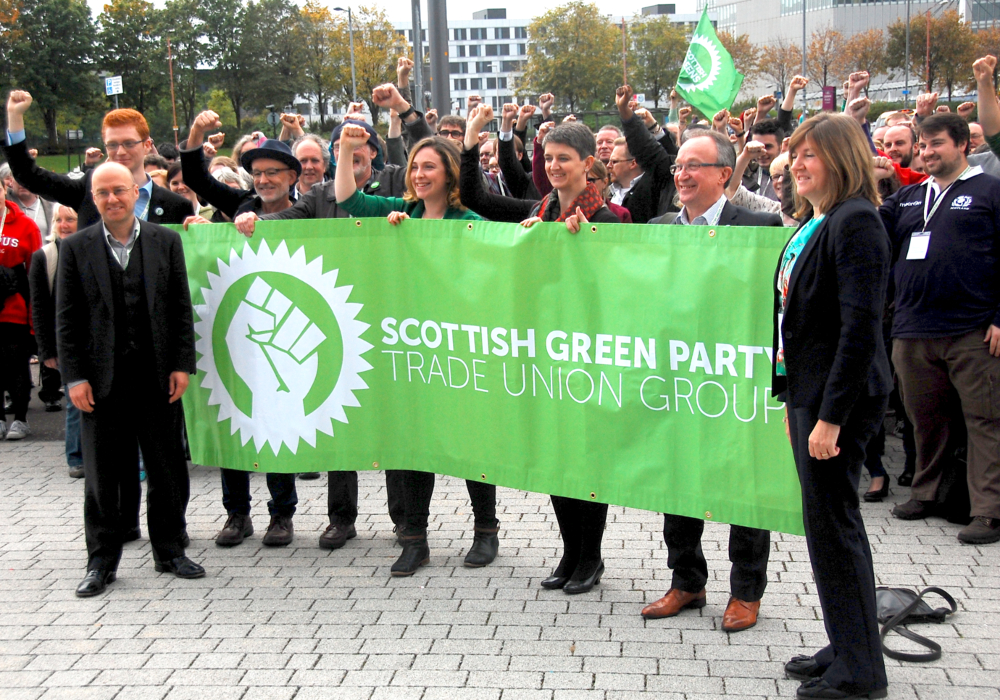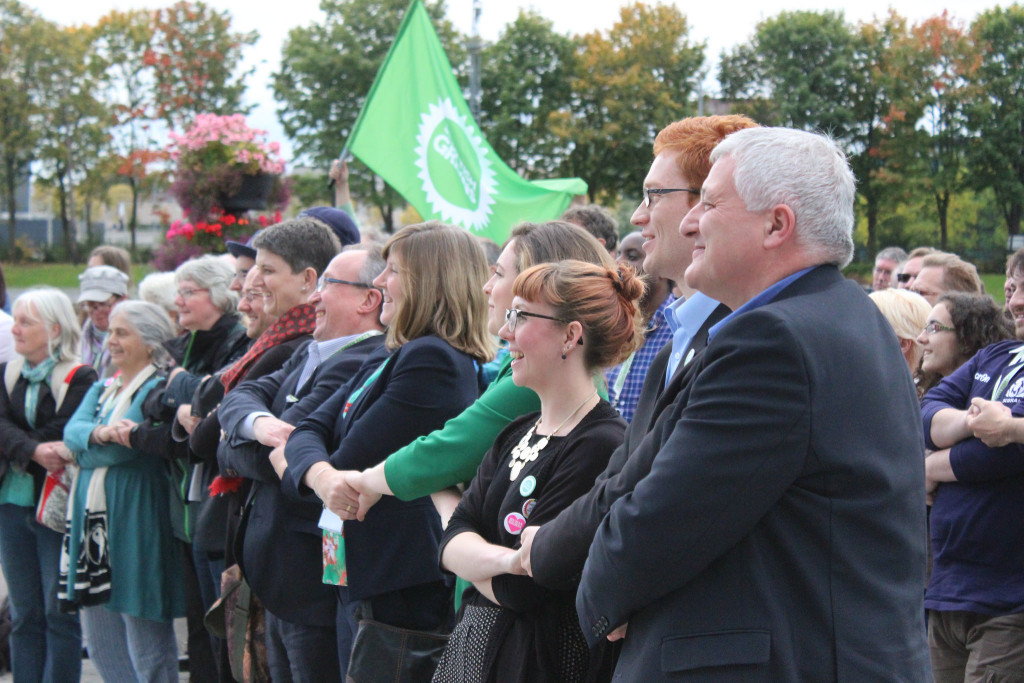Scottish Greens can beat Labour and the SNP on constitutional reform

After the referendum result there was much talk about ‘the new politics’ of Scotland, but it wasn’t until the General Election result just how profoundly new and different it would be, and it will take the next year, the Holyrood election and beyond to see how much our politics and public policy are actually going to change – as opposed to 50-odd people swapping jobs. There are signs, though, that there is an opportunity for the Scottish Greens to have a strong influence in turning all this political tumult into real social and economic change for Scotland.
Judging from the collapse of the Labour votes, leading to in Murphy’s resignation today, it seems likely there will be a sizeable chunk of the Labour vote up for grabs – not to mention some SNP list votes that will achieve little to nothing for them but prove decisive for us. But we need to give voters a reason to believe a larger Green group will really add something to the Scottish Parliament.
The first step in this is to make our voices heard as loudly as possible in the discussion over the devolution of more powers. It seems inconceivable that the forthcoming Scotland bill will only incorporate the already deeply flawed Smith Commission proposals; Cameron has already hinted at something bigger. We need to talk much more about what new powers we want for the Scottish Parliament and what we would do with them. Along with the inevitable arguments about a second referendum, further devolution is going to be the major theme of the 2016 election: we need to be as good at spelling out our distinctive Green vision as we were during the Green Yes campaign. This is where we need to have no qualms about pointing out how much we differ from the SNP on some core issues, however comradely we might have got with them during the referendum.
We need to point out their calamitous record on centralisation alongside our long-held commitments to local government reform, devolution of power to communities, our plans for community renewables and Land Value Tax.
Regardless of what else Cameron puts in the Scotland bill, there are already some significant powers over benefits and employment services on the way, and the SNP have said little to nothing about what they would do with them. There’s a huge open goal here – an opportunity to make the principled case for basic income security and to argue for the role of employment services in empowering people to take part in and contribute to their communities.
The list goes on – properly-regulated public transport and ensuring that new spirit of public interest in politics reaches right into the heart of Scotland’s Parliament and public life.
With the help of all the fantastic communicators we have leading our regional lists all this can be made to add up to a credible – given our long-standing position on these issues – coherent and compelling vision of a future Scotland of vibrant communities, rich civic life and a sustainable economy, one that would sit in stark contrast with the SNP’s (non)vision and hugely attractive to Labour voters looking for something they can believe in.
Despite the difficulties of Westminster elections for us, last week’s result was respectable, we advanced significantly where we have stood before and made a strong start in places where there has never been a Green presence previously. There is clearly a public appetite for our vision, and one which, with the help of our candidates, a creative campaign and message, and the Holyrood electoral system, could give us a major opportunity to shape Scotland’s future.




I found this a rather strange article. The title refers to constitutional change, yet the content says nothing about a future constitutional settlement. Rather it talks about local government, integrated transport, land value tax etc. None of which have anything to due with constitutional change. Either the author is a bit confused or the headline writer hasn’t fully read the article.